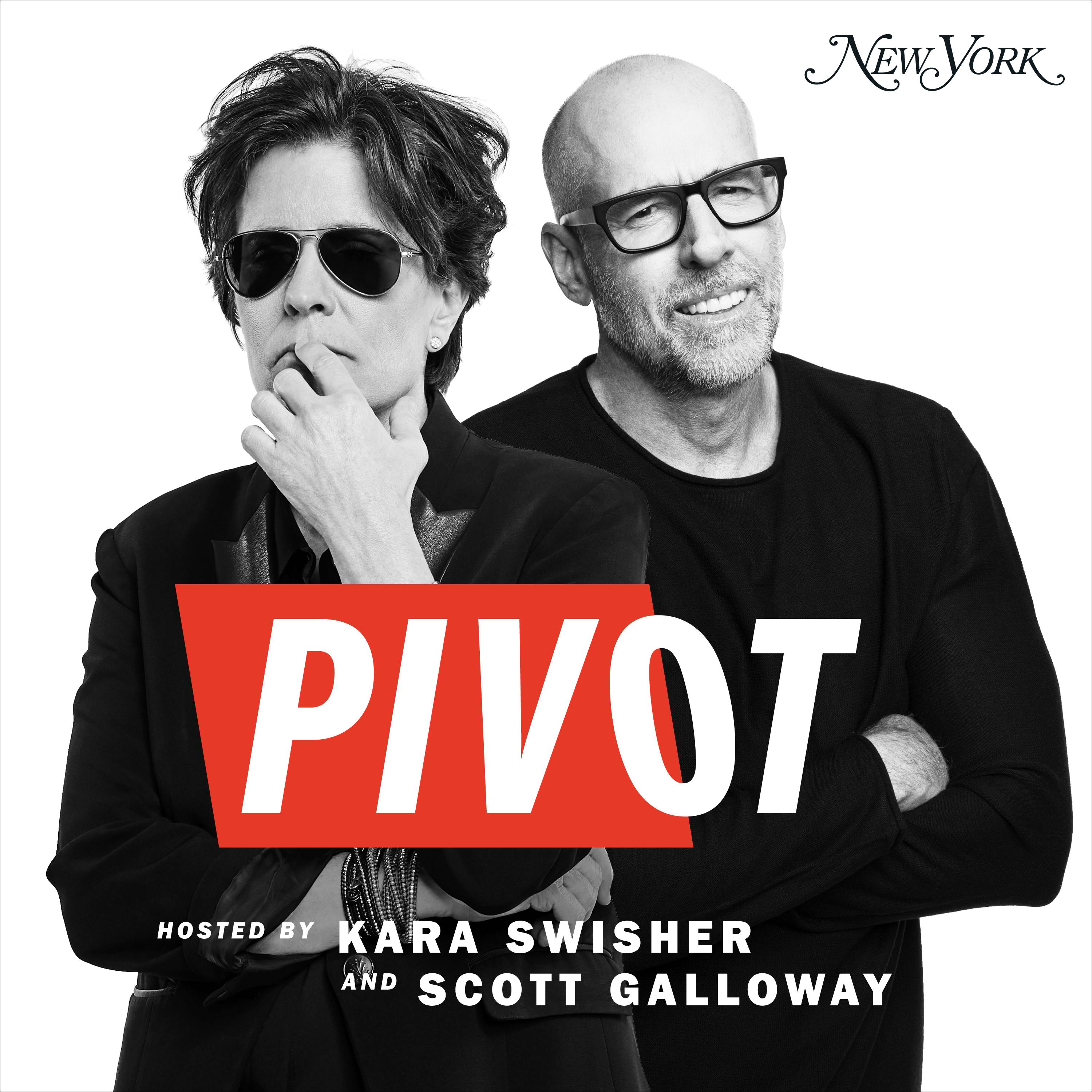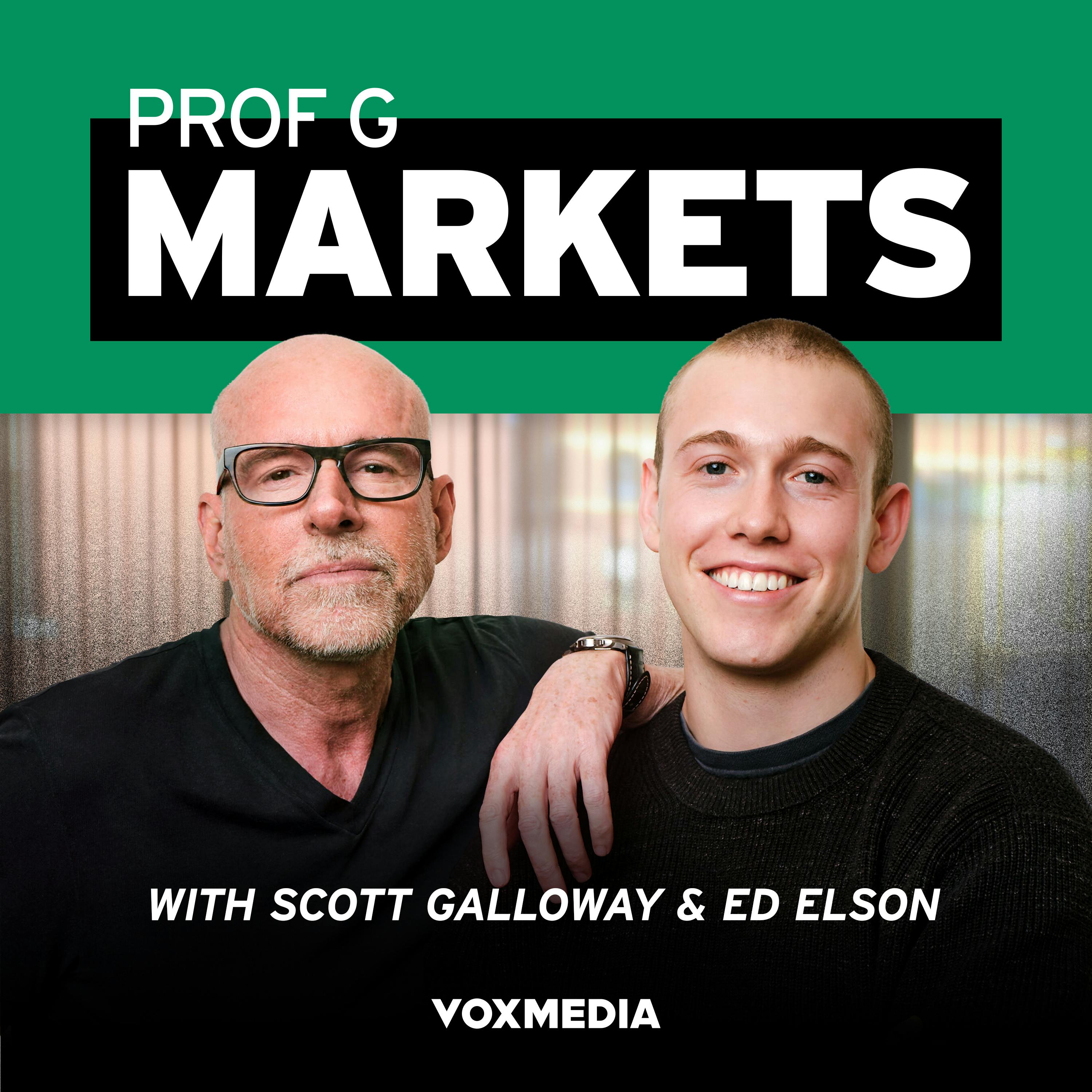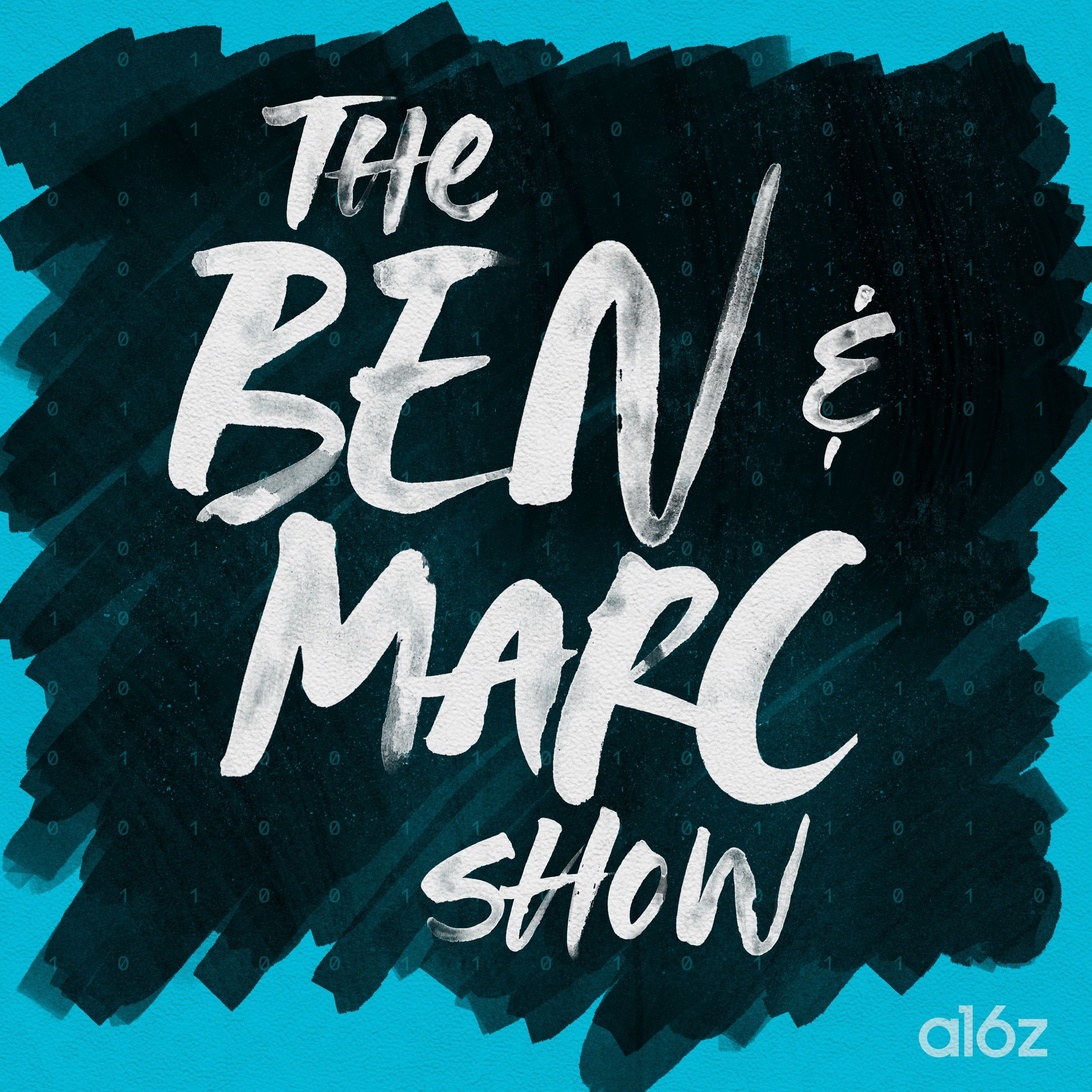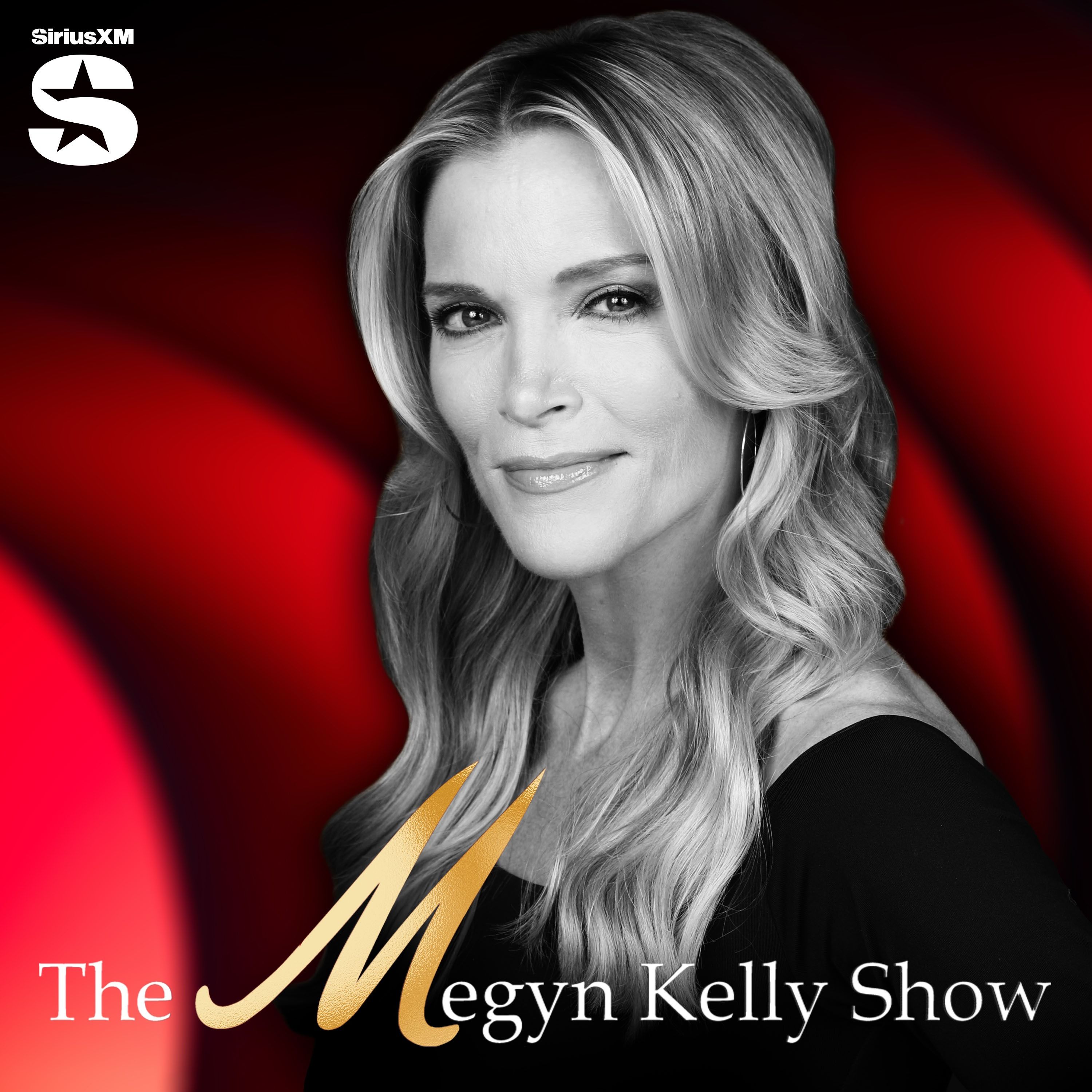PortalsOS
Related Posts
Vote to see vote counts

Internet capital markets present a generational opportunity for investors and builders, with open access for everyone.

The proposed TikTok deal involves carving up the company and selling it to Republican donors at a discount, which is seen as anti-capitalist and cronyism.

Running a public company involves dealing with amplified scrutiny compared to a private company, where issues are discussed privately with VCs rather than publicly on platforms like Reddit or in the Wall Street Journal.
Private equity is becoming increasingly large, but there are concerns about its impact on society if great companies remain private and inaccessible to public investors.
The traditional IPO process is seen as expensive and often mispriced, leading to the exploration of alternatives like SPACs and direct listings.

The IPO market in 2025 is seeing a trend where impressive companies stay private, while less impressive ones go public, similar to the SPAC trend.
The democratization of media through podcasts and social media allows for more diverse voices and perspectives, challenging traditional gatekeepers.
OpenAI is transitioning from a nonprofit to a for-profit structure, aiming for a $500 billion valuation.

SPAC 2.0 aims to provide a competitive vehicle for taking companies public with lower costs, focusing on robust companies with predictable revenue.

The media landscape has dramatically changed with the rise of the internet, leading to an oversupply of news organizations. This has resulted in many subscale players competing with each other, rather than a few large-scale players.
